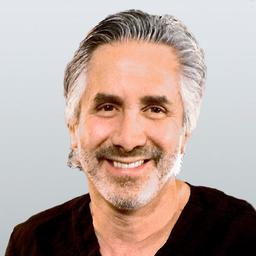There was a scene in a movie from about 30 years ago, in which a woman is having what appears to be a panic attack in a department store. She starts to sweat and become jittery as she lies down on the floor. Her concerned partner leans over her as a crowd gathers around.
The partner looks about and anxiously asks, “Does anyone have a Valium?” About 10 people reach into their purse or wallet and each hands the man a pill.






